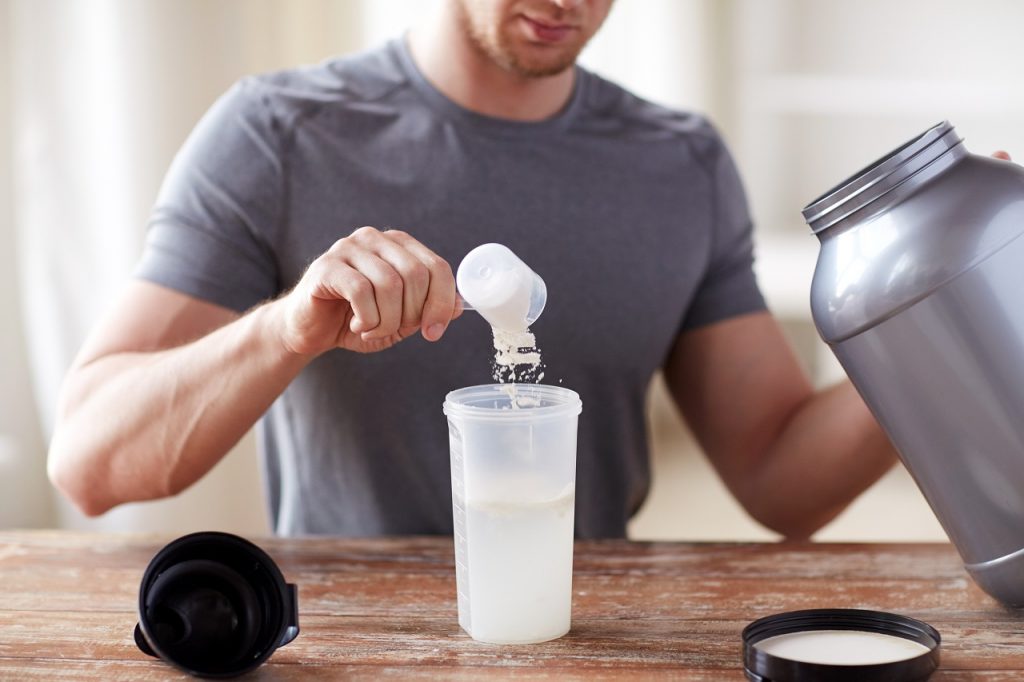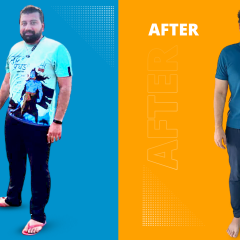 There is more science supporting the fact that getting a good night’s rest is best for your health. A new study published in the journal Food Product Design, by Author Colin Chapman, MSc, of Uppsala University says that people who were deprived of one night’s sleep purchased more calories and grams of food in a mock supermarket the following day. Sleep deprivation leads to increased blood levels of ghrelin, a hormone that increases hunger. However, there was no correlation between individual ghrelin levels and food purchasing, suggesting that other mechanisms such as impulsive decision making may be more responsible for increased purchasing.
There is more science supporting the fact that getting a good night’s rest is best for your health. A new study published in the journal Food Product Design, by Author Colin Chapman, MSc, of Uppsala University says that people who were deprived of one night’s sleep purchased more calories and grams of food in a mock supermarket the following day. Sleep deprivation leads to increased blood levels of ghrelin, a hormone that increases hunger. However, there was no correlation between individual ghrelin levels and food purchasing, suggesting that other mechanisms such as impulsive decision making may be more responsible for increased purchasing.
What Did The Study Find?
The Uppsala University of Sweden is the oldest university of the Nordic countries and offers courses in Science and Technology, Medicine, Humanity and Social Sciences. Researchers at Uppsala University investigated whether sleep deprivation may impair or alter an individual’s food purchasing choices based on its established tendency to impair higher-level thinking and to increase hunger.
They hypothesised that sleep deprivation’s impact on hunger and decision making would make for the ‘perfect storm’ with regard to shopping and food purchasing – leaving individuals hungrier and less capable of employing self-control and higher level decision making processes to avoid making impulsive, calorie-driven purchases.
On the morning after one night of total sleep deprivation, as well as after one night of sleep, the researchers gave 14 normal-weight men a fixed budget (approximately $50). The men were instructed to purchase as much as they could out of a possible 40 items, including 20 high-caloric foods and 20 low-caloric foods. The prices of the high-caloric foods were then varied to determine if total sleep deprivation affects the flexibility of food purchasing. Before the task, participants received a standardised breakfast to minimise the effect of Hunger on their purchases.
Sleep-deprived men purchased significantly more calories (+9%) and grams (+18%) of food than they did after one night of sleep. The researchers also measured blood levels of ghrelin, finding that the hormone’s concentration was higher after total sleep deprivation; however, this increase did not correlate with food purchasing behavior.
Their finding provides a strong rationale for suggesting that patients with concerns regarding caloric intake and weight gain should maintain a healthy and normal sleep schedule.
Is There A Link Between Sleep Deprivation and Weight Gain?
Findings from a study published in the journal Nature Communications found that losing sleep can make you more likely to crave junk food rather than healthy food. Other studies have linked poor sleeping habits to increased appetites.
Results from the study show that sleep deprivation significantly decreased activity in appetitive evaluation regions within the brain during food desirability choices, combined with increased activity in the amygdala. This change in brain activity is further associated with an increase in the desire for weight gain promoting high-calorie foods following sleep deprivation.
Based on the study above, it is evident that one needs a good night of rest. What do you think? Let us know your thoughts in the comments below.
If you have trouble sleeping, speak to an expert by subscribing for GOQii’s Personalised Health Coaching here.
Here’s how our GOQii Coach helped a player overcome insomnia. For tips on how to sleep well, check out Healthy Reads.
#BeTheForce
 Have you ever woken up on time and still felt tired? You reach work but can’t stop yawning. Random bouts of sleepiness take control as concentration slowly slips away! Ever wondered why even a short commute made you feel like you ran a 200m race? What you’re feeling might be more than just “because I slept late last night”. In fact, what you’re experiencing might be burnout. Not the tyre burnout, but a medical condition that many people face on a daily basis.
Have you ever woken up on time and still felt tired? You reach work but can’t stop yawning. Random bouts of sleepiness take control as concentration slowly slips away! Ever wondered why even a short commute made you feel like you ran a 200m race? What you’re feeling might be more than just “because I slept late last night”. In fact, what you’re experiencing might be burnout. Not the tyre burnout, but a medical condition that many people face on a daily basis.




